After years of pressure from student groups and numerous resolutions passed within the University of Minnesota’s Minnesota Student Association (MSA), the University recently announced plans to fully divest from fossil fuels in the next five to seven years.
“I genuinely didn’t think that was something that was going to come out at the beginning of this year,” said Madeline Miller, the MSA director of the Environmental Accountability Committee. “I thought I was going to spend the rest of my year here fighting for divestment.”
The student-led movement to divest from fossil fuels gained traction in 2013 after MSA passed a resolution for the University to divest from fossil fuels. It took eight years after this student resolution was passed for the University to take concrete steps to fight climate change, despite overwhelming support from the student body.
“I think overall it’s a good decision [to divest from fossil fuels],” third-year student Nour Hussein said. “[It’s] long overdue in my opinion, and I just hope that it’s a full divestment, and that funds that are divested are put into something that counteracts fossil fuels.”
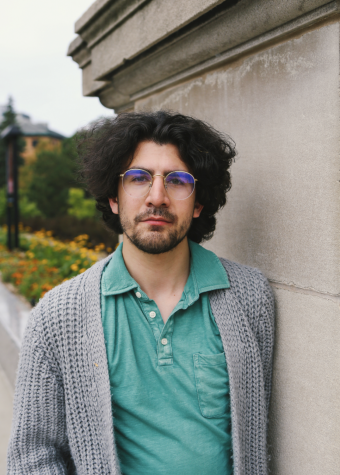
University student groups like Students for Climate Justice expressed frustration at the University’s lack of action, even after numerous referendums and resolutions passed by MSA.
“There’s no force that comes along with a lot of the MSA policies,” Zach Fisher, a member of Students for Climate Justice, said. “Even as someone in the student senate, I was a member of the social concerns committee, the most we could do is recommend to the board.”
Unless dramatic change is made to carbon emissions, about 89% of which is caused by the use of fossil fuels, the world will exceed the goal set by the 2015 Paris Agreement to keep global warming below 1.5 degrees celsius. The effects of this are already seen in rising sea levels and increasing frequency of wildfires and extreme weather events like floods and heatwaves.
After little change resulted from MSA resolutions and referendums, Students for Climate Justice started to take a direct-action approach to pressure the University’s administration to divest from fossil fuels.
“Two years ago, we started more actively protesting,” Fisher said. “We tried to make the [Board of Regents] feel like we weren’t just going to sign papers. We were going to show up. We were going to protest. We were going to make noise.”
By holding rallies and marches around campus, student activists made it clear that they are not going anywhere without climate action from the University.
Keeping a strong student movement over the years has been a struggle for many student climate activist groups, especially as their members graduate. While student activists can easily mobilize against climate change living on campus, it is not as easy to advocate for change after graduation, said Fisher, who believes the University waits for activists to graduate and move off campus so it does not have to address their concerns.
Students for Climate Justice has powered through to create a sustained climate justice movement, even as some of their more active members graduate.
In combination with sustained protests and continuous action, the University finally announced on September 24 it would be divesting from fossil fuels.
“It was really amazing that MSA was able to help in this process,” Miller said. “But it really was done by years and years of work of all of these different student groups and people in the University community.”
Many students involved in the widespread efforts are calling for accountability going forward in the divestment process.
“Their divestment was very good,” Fisher said. “As long as they follow through, I personally cannot say I have any complaints on this policy.”
Fisher and Miller said that the divestment is a step in the right direction. However, considering the extent of the climate crisis, the University needs to take further action to make a significant difference.
“I think they are doing a good job. That’s not to say that work should be stopped in that field,” Hussein said. “We are in a state of climate emergency, have you looked at the news?”


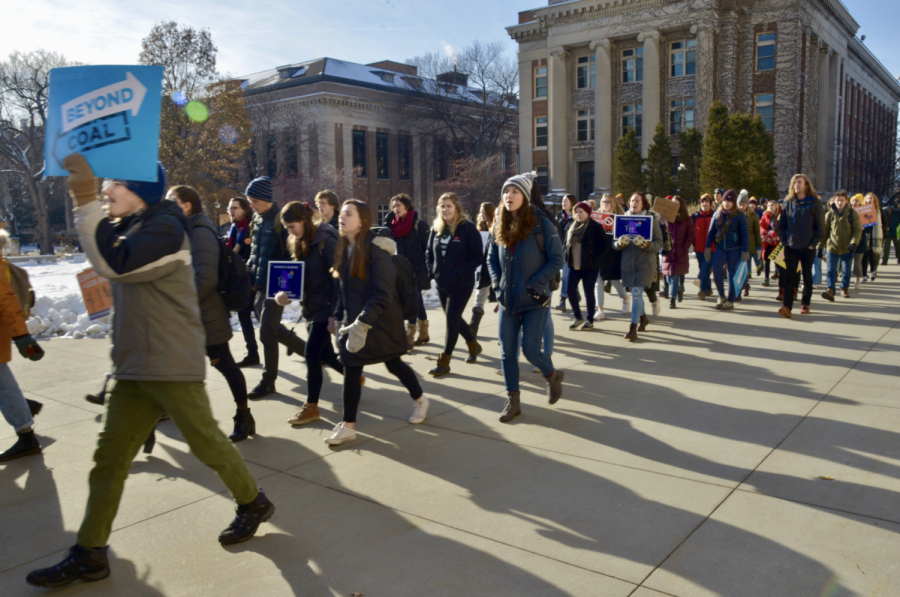
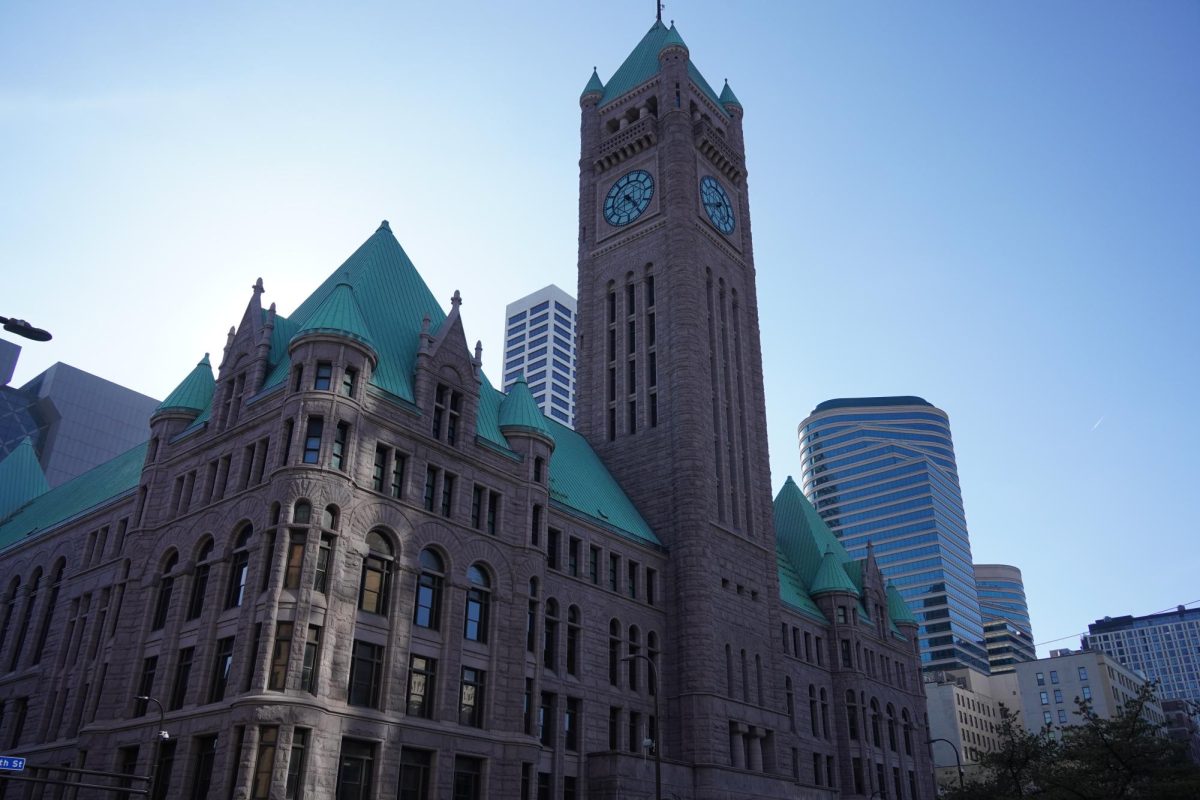



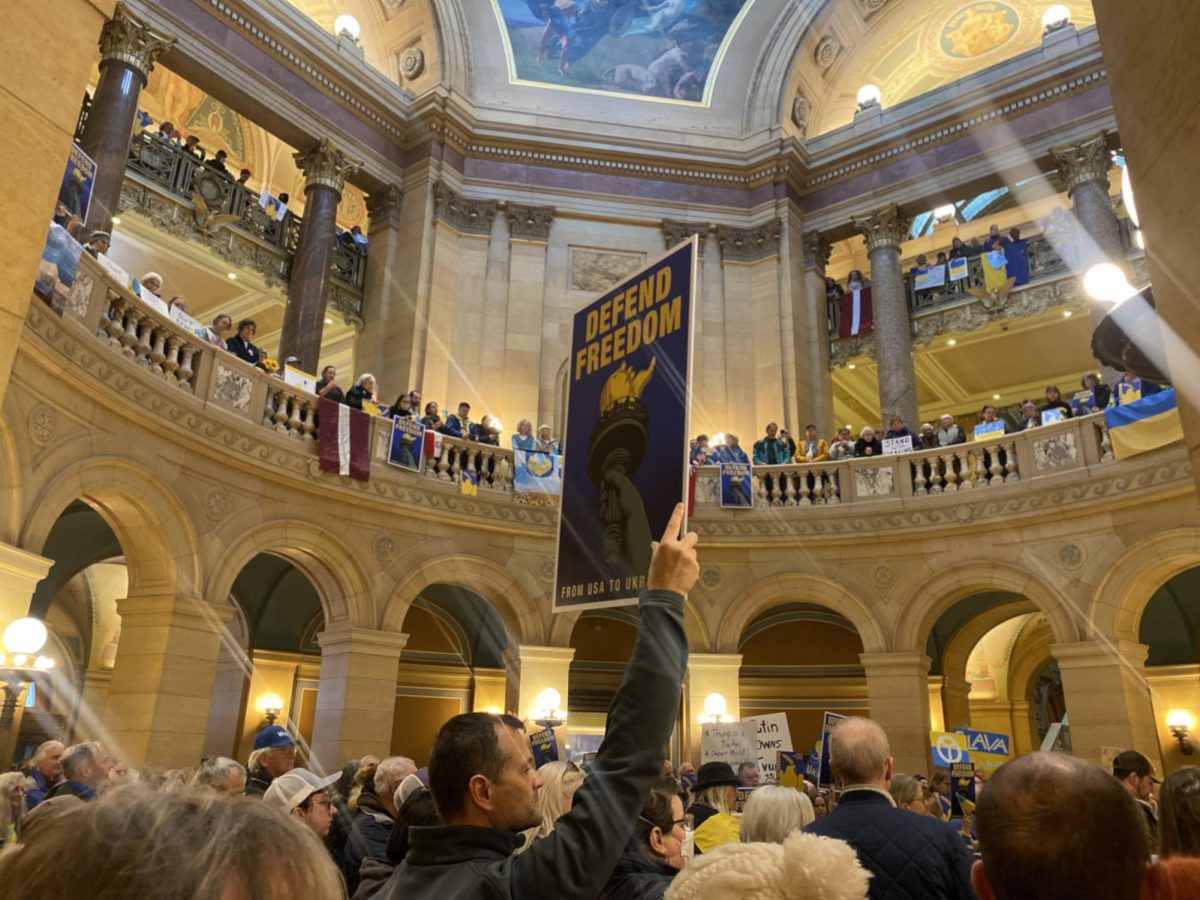


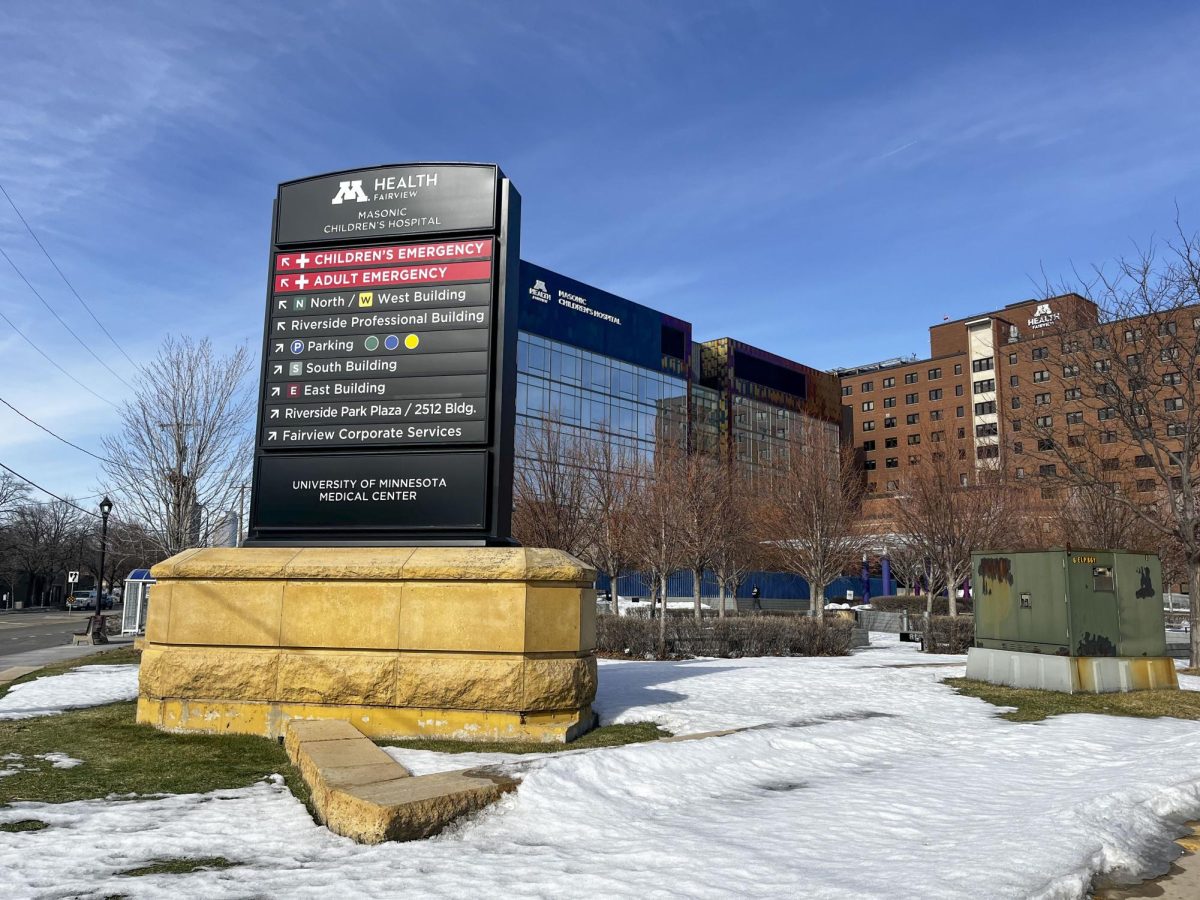
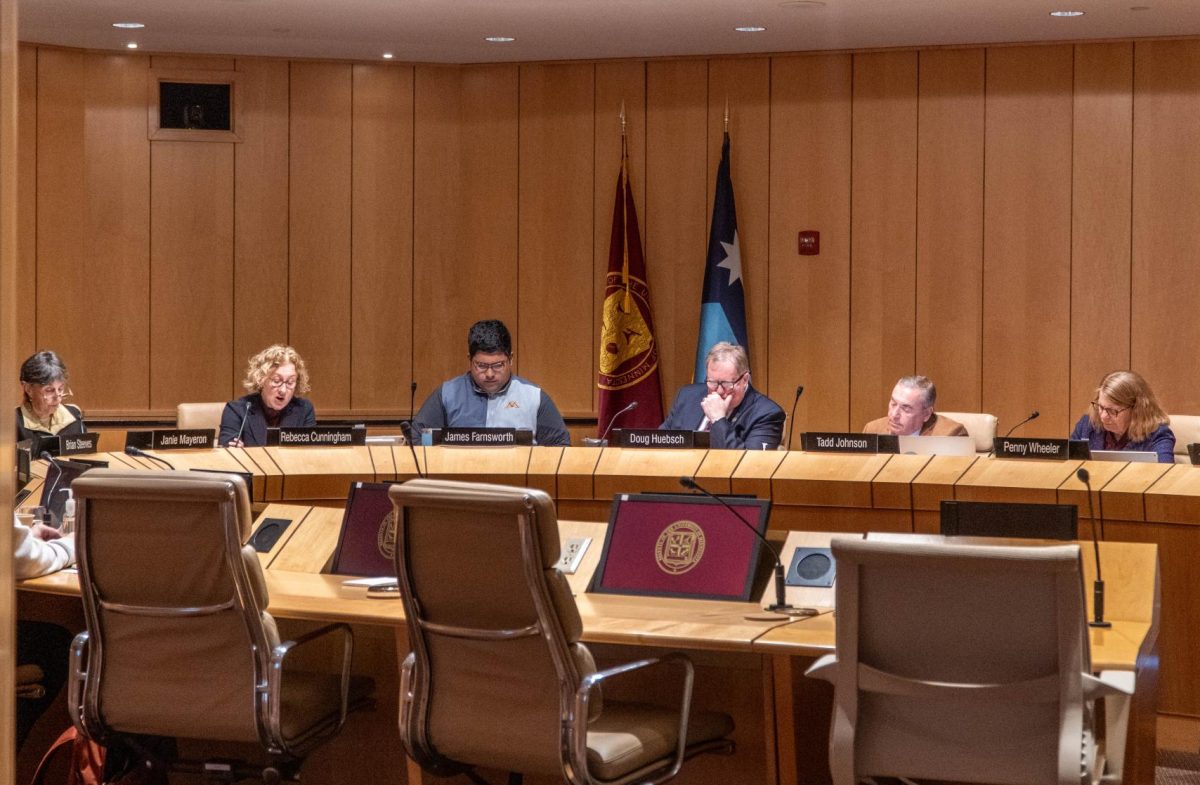
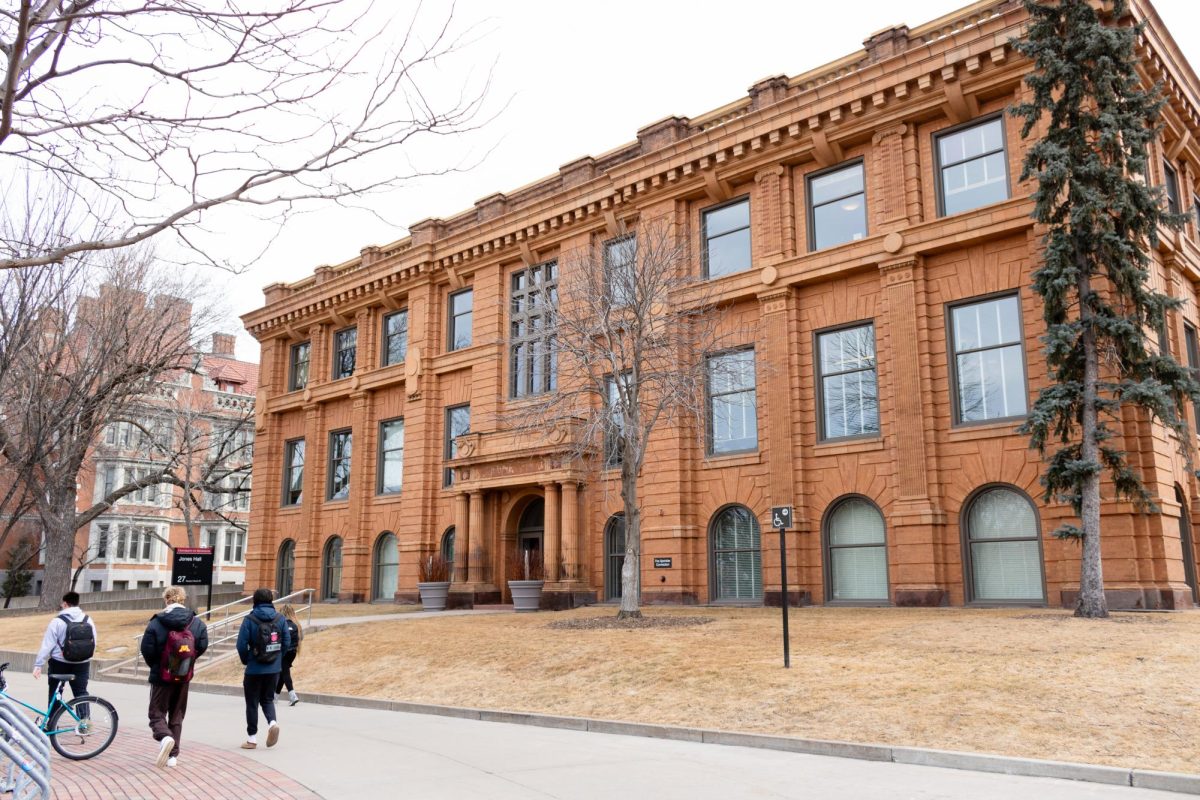








A Gopher
Oct 11, 2021 at 6:30 pm
Add on top of all this the fact that we have safe, scalable, Fast QC nuclear reactors that could use nuclear waste as fuel and produce zero CO2. Most students are against nuclear power for “insert ridiculous reason here” so even though we have a ready made solution for climate change political will keeps it on the bench.
Meat Eater
Oct 11, 2021 at 12:20 pm
“Big Oil” is expanding into renewable energy, they have the big bucks for both the R&D and to buy small companies with new technology to make the transition. As usual college students just don’t have the life experience to understand, divesting in these energy companies will only assure that the U misses out on the growing value of these stocks. Look it up, for example the Vanguard mutual fund with the highest increase this year is their energy fund which is “Big Oil”.
In addition, the problem isn’t “fossil fuels” it is population growth, especially among 2nd and 3rd world countries, who having seen the luxury of first world countries on their ipads, are rapidly adding modern conveniences which consume energy. You really don’t think they are going to be happy cooking their food with cow dung, do you?